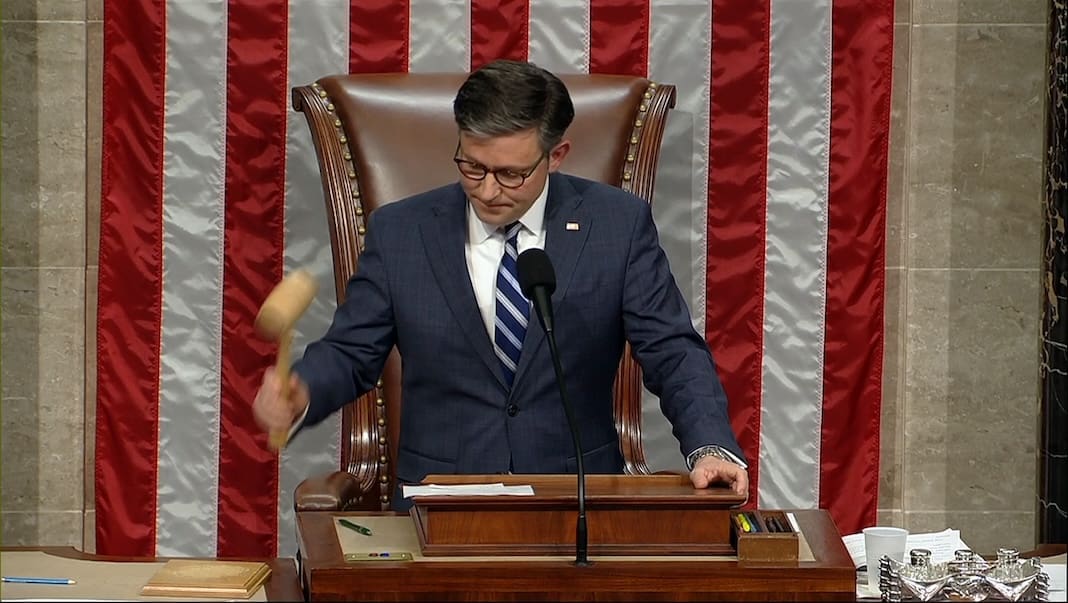For once, the next Speaker of the House for Pennsylvania is not clear
Jeff Fuentes Gleghorn Basic math has always determined which party controls the Pennsylvania House of Representatives every session – at least until this year. An unprecedented situation leaves control of the House a contentious struggle. Democrats won a single-seat majority this past November, taking control of the House with 102 representatives compared to the 101 … Continued
Jeff Fuentes Gleghorn
Basic math has always determined which party controls the Pennsylvania House of Representatives every session – at least until this year. An unprecedented situation leaves control of the House a contentious struggle. Democrats won a single-seat majority this past November, taking control of the House with 102 representatives compared to the 101 held by Republicans. However, one representative who died of cancer prior to the election won his race and two Democratic representatives resigned December 7 in order to take other offices. That means that on January 3rd, when representatives are sworn in for the new term and the Speaker of the House is elected by simple majority, Republicans will outnumber their Democratic counterparts 101 to 99. Democrats will not realize their full 102 member majority until three special elections are held to replace the representatives that have died or resigned.
Representative Joanna McClinton has been officially nominated as the Democratic candidate for Speaker of the House. If elected, she will become the first woman and only the second Black person to hold that office in Pennsylvania. In order to schedule the special elections needed to fill the three empty seats, McClinton was sworn in as the presiding officer of the House by a Delaware County judge. The ceremony was not publicized, and top Republicans called it a “paperwork insurrection” in a statement.
House Republican Leader Bryan Cutler (R-Lancaster) issued the statement. He attacked McClinton for the move, saying that by scheduling the special elections she was admitting that “three vacancies exist by calling special elections in the 32nd, 34th and 35th districts, vacancies that gives [sic] Republicans a 101-99 majority in the House.” He went on to say that Democrats were “speciously alleging they have a fake, gerrymandered majority that has the authority to conduct the business of the House.”
The current district maps were drawn by a five person bipartisan panel in accordance with the Pennsylvania Constitution. The panel includes two Democrats, two Republicans, and a non-partisan chair. This time the chair was chosen by the Pennsylvania Supreme Court. The maps were unanimously approved by the PA Supreme Court in March by a 7-0 vote.
McClinton has said that the power to set the dates for special elections belongs to her as the “Acting Speaker,” a title that drew criticism from Republicans because it does not appear in the State Constitution. She admits that the title does not exist, but maintains that “[The State Constitution] does require a presiding officer.”
Leadership from both parties have met, but been unable to come to an agreement over how to handle the situation. With only a few weeks left until the new session begins, the decision may be handed over to the Pennsylvania courts. Spotlight PA has reported that a “top GOP source indicated the increasingly messy dispute would end up in court.” There is still a chance that the issue will be resolved within the House, but it will require the parties to work together soon.





